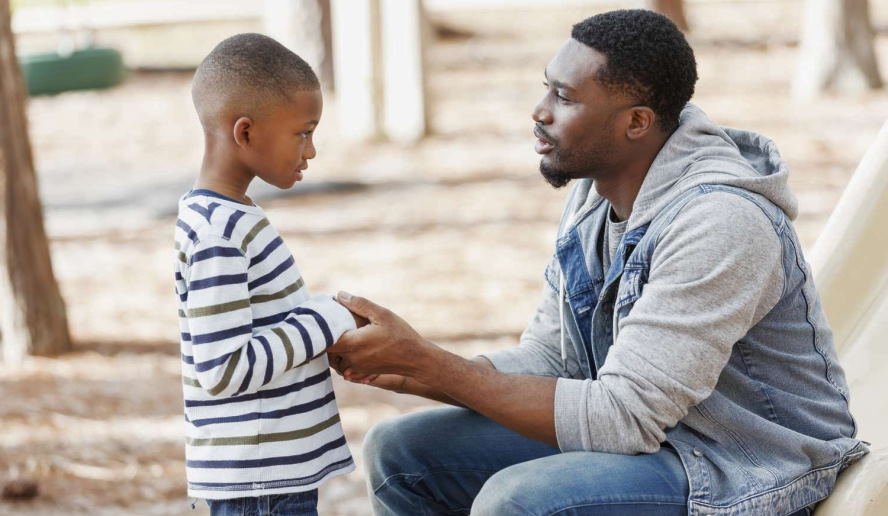The Importance of Respecting Your Young Child

Respecting your young child is one of the most important things you can do as a parent. It sets the tone for how they will view themselves and how they will interact with others. When you respect your child, you teach them to respect themselves and treat others with kindness and consideration. This is an important foundation for their future success in life. Showing respect to your child also models positive behavior that they can imitate. As they grow, they will learn to internalize your values and use them in their own lives. By respecting your young child, you are giving them a gift that will last a lifetime.
Why respecting your young child is so important
Respecting your young child is one of the most important things you can do as a parent. Respect helps to build trust and strengthen bonds between parents and their children. It also sets an example for how your child should treat others, leading to positive relationships inside and outside the home. In addition, when respect is given freely, children learn to value themselves and have greater self-esteem. This can help them become more confident and capable when facing life’s challenges.
Additionally, by respecting your young child’s opinions, feelings, and needs, you are helping develop their ability to recognize their own rights in relation to those of others. Having this skill early on allows them to grow into respectful adults who know how to interact with others positively. It also helps them develop empathy, an essential part of healthy relationships.

Finally, respecting your young child teaches them how to set boundaries for themselves and respect the boundaries of others. This helps instill a sense of responsibility and self-discipline, allowing children to make good choices on their own rather than relying on adults to control or force them into doing things they don’t want to do.
Respecting your young child may require extra effort from you as a parent but it offers great long-term rewards for their character development and emotional wellbeing. Treating your child with kindness and understanding shows that you value them and respect their personhood—a powerful lesson for any young person to learn.
Simple ways to show respect for your child
- Listen carefully to what your child says and respond thoughtfully. Show interest in their ideas, stories, and opinions.
- Acknowledge your child’s feelings without judgment or blame. Validate their emotions and provide comfort when they are upset or scared. Respect their privacy by not discussing personal or embarrassing issues with anyone else.
- Agree on ground rules for behavior while allowing them autonomy over decision-making. Give your child space to explore their own interests as well as opportunities to make choices within the limits you have set together.
- Be honest and consistent with them about your expectations for behavior and consequences for misbehaviour so they know what to expect. Offer natural or logical consequences when they do not meet your expectations, such as extra chores if they fail to complete their homework.
- Speak respectfully and kindly to your child in every situation. Avoid making negative comments about them or comparing them with other children. Instead, focus on praising and encouraging their efforts and accomplishments.

- Be a good role model by demonstrating respectful behavior towards others, including people of different ages, races, genders, and backgrounds. Show empathy for those who have less than you and encourage generousity when possible.
- Spend time with your child regularly without distractions from technology or work responsibilities so that you can be present in the moment together and connect. Engage in conversation or activities your child enjoys and be open to learning new things from them.
- Respect their need for privacy, especially as they become teenagers. Allow them freedom to have personal space without hovering over their shoulder or prying into every detail of their life. Encourage them to come to you when they are ready to talk about anything troubling them.
- Take time out for yourself so that you can be a better parent when you’re with your child. Prioritize self-care and spend quality time doing something that recharges you and brings joy into your life. This will help you show up as the best version of yourself when interacting with your child.
- Show your love for them by giving hugs, compliments, and sincere appreciation for their efforts. Let them know that you are proud of them and will always be there for them no matter what.
These simple acts of respect can help create a positive and supportive environment in which your child feels safe to grow and thrive. Respect is the foundation of any strong parent-child relationship and can help build mutual trust.
